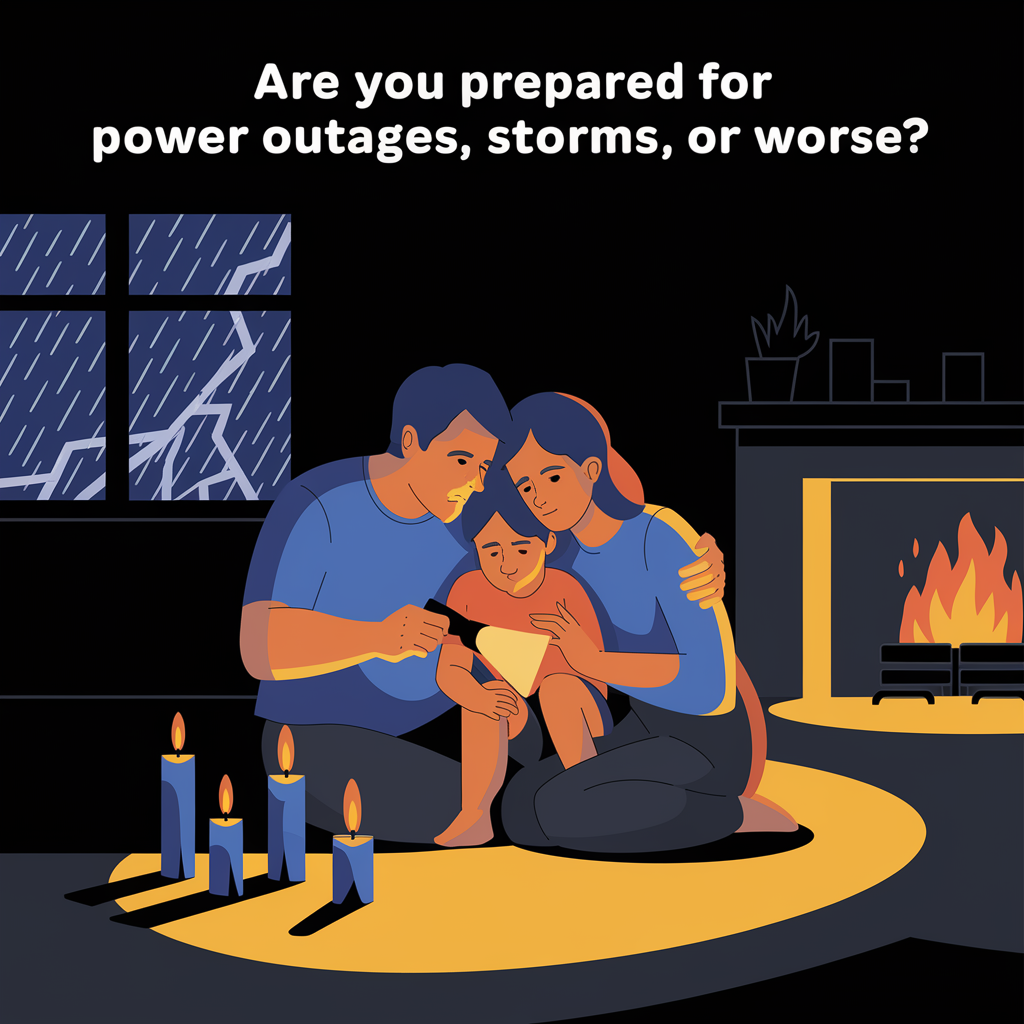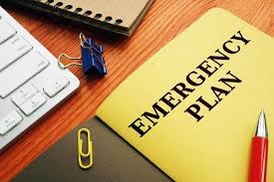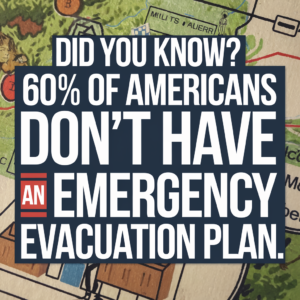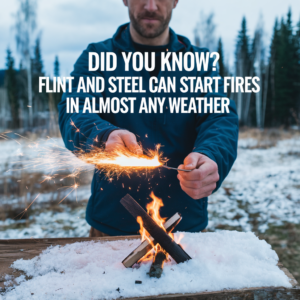
Emergencies can happen at any time, and being prepared is crucial for the safety and well-being of you and your loved ones. In this blog post, we’ll explore essential steps for emergency prepping that will help you be ready to face unexpected situations. From creating an emergency plan and assembling a disaster supply kit to learning life-saving skills and staying informed, these guidelines will empower you to effectively respond and navigate through emergencies with confidence.

1. “Create an Emergency Plan: Be Prepared and Organized”
Developing an emergency plan is the first step in preparing for unexpected events. Identify potential risks in your area, such as natural disasters or other emergencies specific to your region. Discuss and establish meeting points and communication strategies with your family or household members. Assign roles and responsibilities to ensure everyone knows what to do during an emergency. Regularly review and update your plan as needed.
2. “Assemble a Disaster Supply Kit: Be Self-Sufficient”
Building a disaster supply kit is essential to sustain yourself and your family during an emergency. Include non-perishable food items, a sufficient supply of water, a first aid kit, essential medications, flashlights, batteries, a battery-powered radio, blankets, a multi-tool, personal hygiene items, and cash. Customize your kit based on the specific needs of your family and the potential emergencies in your area.
3. “Learn Life-Saving Skills: Be Prepared to Help Others”
Acquiring life-saving skills can make a significant difference during emergencies. Consider taking CPR and first aid courses to learn how to provide immediate assistance to those in need. Gain knowledge in basic medical care, including wound management, splinting, and treating shock. Additionally, learn how to use fire extinguishers and perform basic search and rescue techniques. Being equipped with these skills can save lives and enhance community resilience.
4. “Stay Informed: Be Aware and Stay Updated”
Staying informed about potential emergencies and current events is crucial for effective emergency response. Sign up for local emergency alerts and notifications, and stay updated through reliable news sources. Understand the warning systems and protocols in your area. Familiarize yourself with evacuation routes and shelter locations. By staying informed, you can make informed decisions and respond promptly during emergencies.
5. “Secure Your Home: Minimize Risks”
Take measures to secure your home and minimize potential risks. Install smoke detectors on every level, check them regularly, and replace batteries as needed. Have fire extinguishers readily available in key areas of your home. Create a home inventory and keep important documents in a waterproof and fireproof container. Identify potential hazards, such as loose wiring or structural issues, and address them promptly. Securing your home reduces the risk of accidents and enhances overall safety.
6. “Practice Emergency Drills: Be Prepared and Rehearsed”
Regularly conducting emergency drills with your family or household members is essential for preparedness. Practice scenarios such as fire evacuation, severe weather response, or earthquake preparedness. Familiarize everyone with emergency exits, rendezvous points, and communication procedures. Repetition builds confidence and ensures that everyone knows their roles and responsibilities during an emergency.
7. “Build Community Connections: Support and Collaborate”
Building connections within your community can strengthen overall emergency preparedness. Engage with neighbors, join local emergency preparedness groups, or participate in community drills and workshops. Share resources and information, support vulnerable community members, and foster a culture of preparedness. Collaboration and support within the community enhance the collective response to emergencies.
Emergency preparedness is a vital aspect of ensuring the safety and well-being of yourself, your family, and your community. By creating an emergency plan, assembling a disaster supply kit, acquiring life-saving skills, staying informed, securing your home, practicing emergency drills, and building community connections, you’ll be better prepared to face unexpected events with resilience and confidence. Take the necessary steps today to be prepared for the unexpected tomorrow.
As an Amazon Associate we earn from qualifying purchases through some links in our articles.



